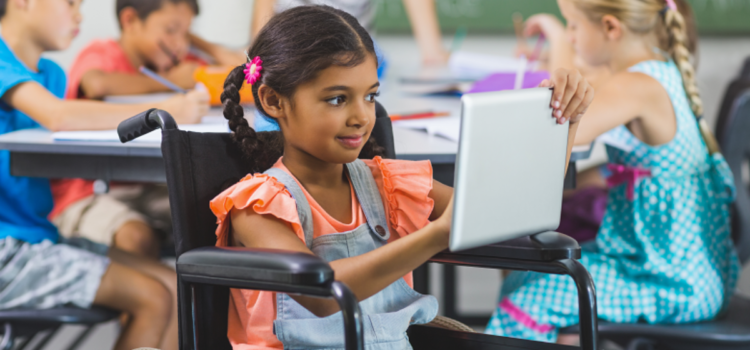Introduction
In India, education is considered a fundamental right for every child, including those with special needs. The Indian education system has taken significant strides towards creating an inclusive learning environment that caters to the diverse needs of all students. In this article, we will explore the significance of inclusive education in the Indian context, the challenges faced by children with special needs, and the strategies implemented to foster an inclusive learning environment that allows every child to thrive.
Understanding Inclusive Education in India
Inclusive education in India aims to provide equal access to quality education for all children, regardless of their abilities. It strives to create an environment where children with special needs can study alongside their typically developing peers in regular mainstream schools. This approach promotes social inclusion, acceptance, and the celebration of diversity.
Challenges Faced by Children with Special Needs
Children with special needs in India encounter various challenges that can hinder their educational journey. Some of these challenges include:
- Access to Quality Education: Many children with disabilities or special needs face barriers in accessing quality education due to the lack of inclusive infrastructure and resources.
- Limited Teacher Training: Educators may not always be adequately trained to address the diverse needs of children with special needs, resulting in challenges in providing personalized support.
- Social Stigma: Societal attitudes and lack of awareness can lead to stigmatisation and discrimination against children with disabilities, impacting their self-esteem and integration.
- Recent Stat: According to a survey by the National Centre for Promotion of Employment for Disabled People (NCPEDP), 90% of children with disabilities in India drop out of school before completing their education.
Strategies for Inclusive Education in India
The Indian education system has undertaken various strategies to promote inclusive education:
- Sarva Shiksha Abhiyan (SSA): SSA is a government program that aims to achieve universal elementary education, including children with special needs. It focuses on increasing the enrolment and retention of children with disabilities in mainstream schools.
- Inclusive Curriculum: The National Curriculum Framework (NCF) encourages an inclusive curriculum that accommodates the diverse learning needs of all students.
- Resource Rooms and Assistive Technology: Schools often set up resource rooms equipped with assistive technology and materials to cater to the specific needs of children with disabilities.
- Teacher Training Programs: The government and various organisations conduct teacher training programs to equip educators with the knowledge and skills to support children with special needs effectively.
Benefits of Inclusive Education in India
Inclusive education offers numerous benefits for children with special needs as well as typically developing children:
- Enhanced Social Skills: Inclusive education fosters empathy, compassion, and understanding among all students, promoting social cohesion and reducing prejudice.
- Holistic Development: Children with special needs benefit from a diverse learning environment that enhances their academic, social, and emotional growth.
- Reduced Dropout Rates: Inclusive education initiatives have contributed to reducing dropout rates among children with disabilities, ensuring that more children complete their education.
- Recent Stat: According to the Ministry of Human Resource Development, the dropout rate among children with disabilities has declined from 43% to 28% in the past decade.
Conclusion
Inclusive education in the Indian education system is a critical step towards creating an equitable and compassionate society. By embracing diversity and providing equal access to education for all children, including those with special needs, India ensures that every child can reach their full potential. While challenges persist, continuous efforts towards inclusive education will lead to a brighter future where all children can thrive academically, socially, and personally. Together, we can build an education system that truly leaves no child behind.
